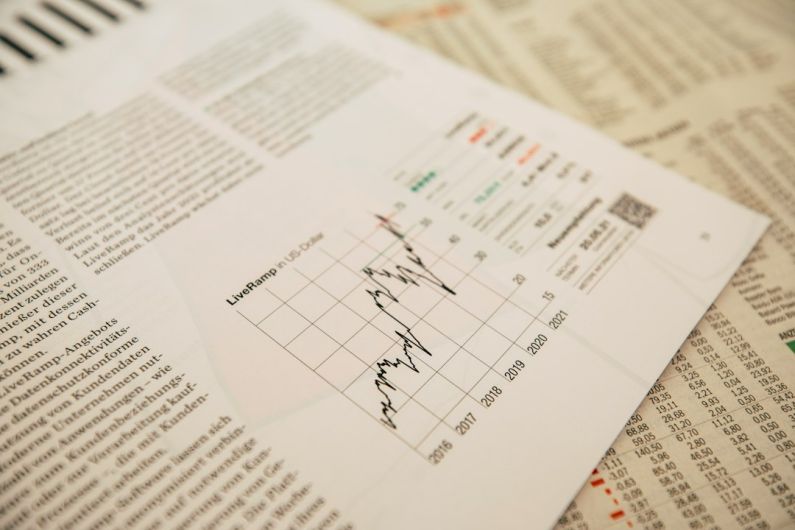Where Are Investment Opportunities in a Declining Economy?
In times of economic decline, it may seem challenging to find investment opportunities that can yield positive returns. However, even during a downturn, there are sectors and strategies that can provide promising prospects for investors. By understanding the dynamics of a declining economy and identifying the areas of potential growth, savvy investors can make the most of the situation.
Understanding the Declining Economy
Before delving into the investment opportunities, it is crucial to grasp the factors that contribute to a declining economy. Economic downturns are typically characterized by a decrease in consumer spending, a decline in business activity, and a rise in unemployment rates. These factors can have a significant impact on various sectors and can create both challenges and opportunities for investors.
Investment Opportunities in a Declining Economy
1. Defensive Stocks
When the economy is on a downturn, investors tend to flock towards defensive stocks. These are companies that are less affected by economic fluctuations due to the nature of their business operations. Industries such as healthcare, consumer staples, and utilities often fall into this category. Investing in defensive stocks can provide stability to a portfolio during times of economic uncertainty.
2. Real Estate
Although real estate can be vulnerable during an economic decline, there are still investment opportunities within this sector. For example, distressed properties can be purchased at discounted prices, with the potential for significant appreciation when the market recovers. Additionally, rental properties can provide a steady income stream, even during an economic downturn.
3. Infrastructure and Construction
Governments often invest in infrastructure projects during economic downturns to stimulate economic growth. Investing in construction and infrastructure companies can be a viable option as these sectors tend to benefit from government spending. Projects such as road and bridge construction, public transportation upgrades, and renewable energy initiatives can create opportunities for investors.
4. Technology
Innovation and technological advancements continue to drive growth even during an economic decline. Companies involved in sectors such as software development, cloud computing, and e-commerce can experience increased demand as businesses and consumers adapt to the changing environment. Investing in technology companies with strong fundamentals and a competitive advantage can yield significant returns over the long term.
5. Bonds and Fixed-Income Investments
During a declining economy, interest rates often decrease, making bonds and fixed-income investments more attractive. Government bonds, corporate bonds, and high-quality dividend-paying stocks can provide stable returns and serve as a hedge against market volatility. It is essential to carefully evaluate the creditworthiness of the issuers before investing in bonds.
6. Precious Metals
Historically, precious metals like gold and silver have served as a safe haven during economic downturns. These commodities tend to retain their value and can act as a hedge against inflation and currency fluctuations. Investing in precious metals can provide diversification and serve as a store of value during uncertain times.
Conclusion: Seizing Opportunities in a Declining Economy
While a declining economy presents its challenges, it also presents opportunities for astute investors. By understanding the dynamics of the economy and identifying sectors that can withstand or benefit from the downturn, investors can position themselves for long-term success. Defensive stocks, real estate, infrastructure, technology, bonds, and precious metals are just a few of the investment opportunities available in a declining economy. It is crucial to conduct thorough research, diversify investments, and seek professional advice to navigate the complexities of investing in such an environment.






